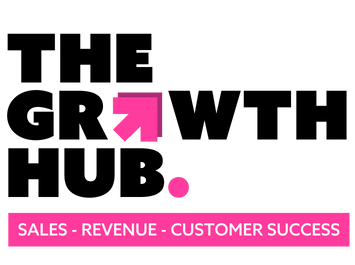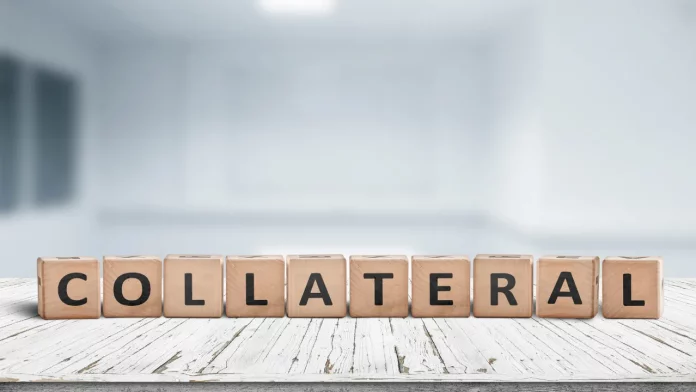Sales collateral is content that helps you close more deals. Ideally, you’ll have a repository of resources that give you the ammo required to nurture relationships, answer any prospect questions and push the deal to the next stage. If not, here’s what you need to help close more deals and reduce close times.
Why do you need sales collateral?
You might think, ‘isn’t this for our marketing team?’, and to a degree you are right. But sales and marketing need to be aligned on this, so the content created meets a specific function. At its best, sales collateral provides additional information to empower a decision. It helps build trust and provide value. And it comes in many forms.
Whether it’s a research piece with industry trends, a case study of a similar-sized business in a similar industry, a product fact sheet, a brand video, or an FAQ document, sales collateral is key to giving sales reps something to follow up with prospects with.
How can sales collateral help?
Lead generation: Assets such as whitepapers, guides, case studies and blogs can be used not only to nurture activity but to get leads. If the collateral is valuable, prospects will download it.
A reason to get in touch: Sales collateral provides sales reps with a good reason to get in touch with a prospect. Use it as an excuse and to avoid nagging.
Builds value: Building trust and value is one of the hardest parts of the sales journey, but relevant and informative content does just that.
Engage other decision-makers: If you’ve done a demo or had a chat with a specific contact, but you want other people to see what you can offer, or help that contact convince their board, sales collateral is perfect for sending out to a wider team to provide more background information and get buy-in. Case studies and return on investment (ROI) content work best here.
When to use sales collateral?
Sales collateral should be used at every stage of the process. At the top of the sales funnel, you want to build awareness and generate leads. In the middle of the funnel, you want to demonstrate expertise and value. And at the bottom of the funnel, when the deal is close to signing, you want to encourage a decision and build confidence.
Think about what content and material would be useful for each stage of the process and for each scenario, and start there. It could be anything from an email template sequence to a video testimonial. Work with Marketing to identify possible opportunities for sales collateral and the key topics, as well as use data to look at where deals typically stall or move to closed lost and what you can do to turn some of those deals back to active opportunities.
5 types of sales collateral you need
With that in mind, here are 5 different types of sales collateral that can help you make more sales.
1. Case studies
Case studies help to show potential customers how your current customers have benefited from working with you or using your product. It’s social proof that you aren’t just talking sales fluff. A good case study is one of the most powerful pieces of content you can create, and should explain the problem the company had, the solution you provided, the results and some quotes from the customer. If you can include specific results, such as key performance metrics or money saved, that makes the case study even more powerful. If you sell to multiple industries or different types of businesses, try and have a case study for each. The more relevant the case study is, the greater the impact.
2. Guides and ebooks
A topic lead guide or e-book provides additional information about a particular subject. It’s normally for top or middle of the funnel prospects, but it can support what you offer. It isn’t normally product specific and full of sales spiel. Content is typically around identifying the issue your product or service solves. Sales reps can identify what topics will be interesting based on a conversation they are having with prospects.
3. Research
Additional to the above, research provides a detailed analysis of industry trends that are a great value add-on and perfect follow-up asset. If it’s not overly self-serving but supports the points you are making, research is a powerful Sales asset. Just try not to make the bias too obvious otherwise it will appear too salesly. Good research established credibility.
4. FAQs
You’ll have probably covered FAQs with a possible customer already, particularly if the prospect is quite far down the sales funnel, but an FAQ document gives the prospect something to share internally with additional stakeholders or decision-makers. FAQs can help deal with possible objections and should be used as an informative extra.
5. Data sheets
A data sheet is the perfect piece of collateral to follow up on a sales call with, highlighting the key ways the product or service works and the associated benefits. When it comes to the consideration phase, a data sheet is a good asset for adding more technical details to the product or service. In the data sheet, you can also include the value proposition, the technical specifications, customer logos and so on.
It’s all about providing additional value
Get sales collateral right and it will help salespeople close more deals. It’ll build better trust, create additional value and develop the relationship. It all starts with thinking about what collateral would be beneficial for your prospects to see. Discover that and you’re well on your way.



